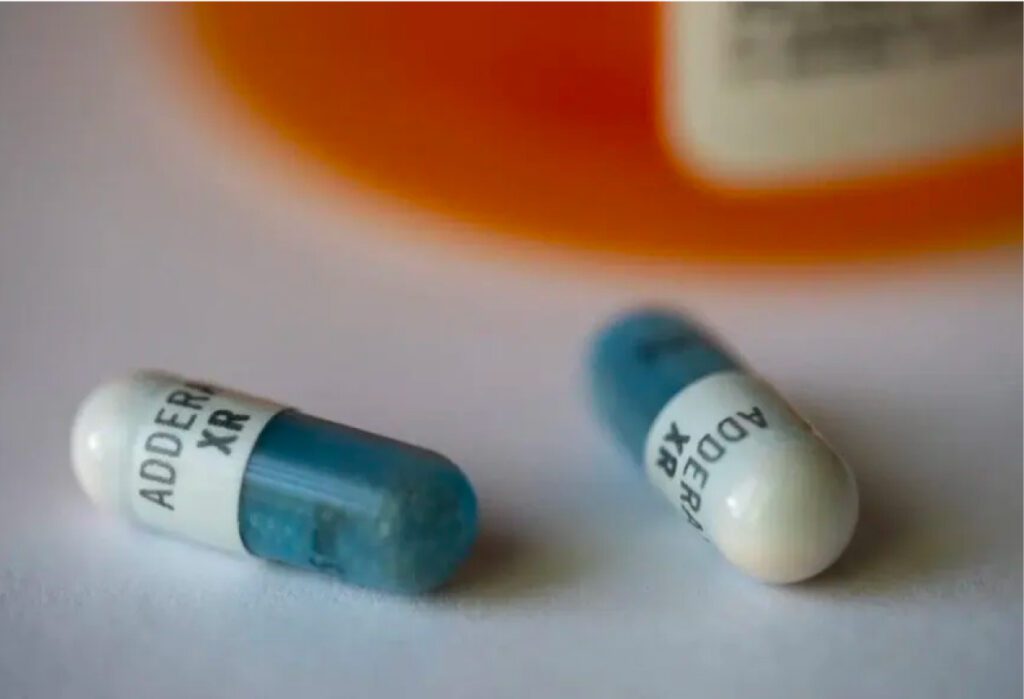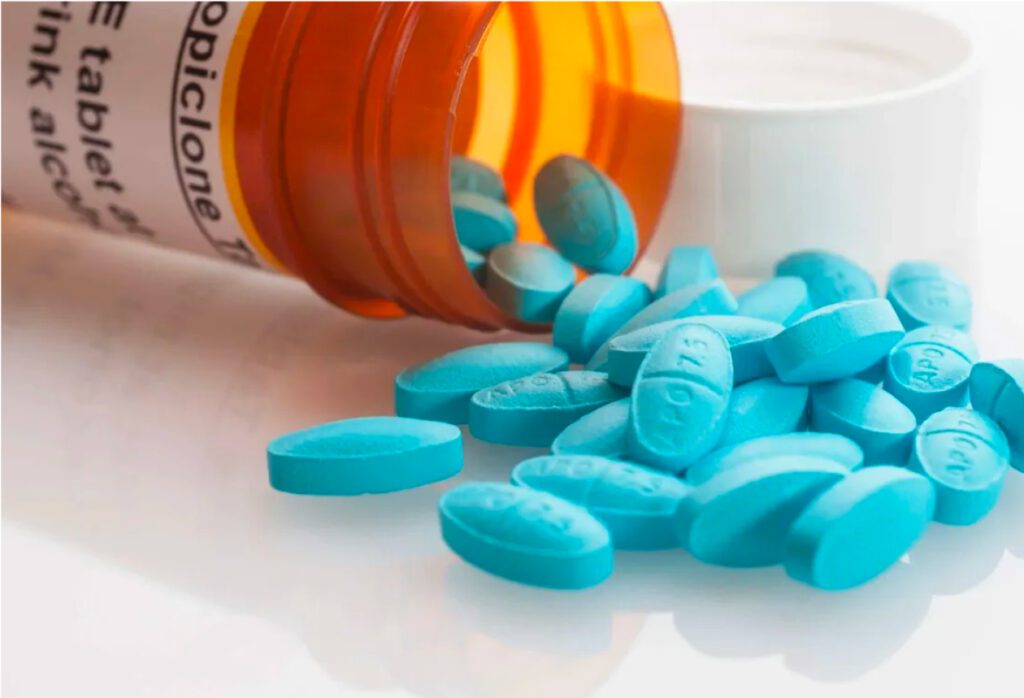Navigating Thailand’s Rehab Scene for the Ideal Treatment Center

Unlock the door to Thailand’s rehab centers to find rehab facilities that align with your recovery goals, offering peace, privacy, and effective treatment.
Exploring Kratom: Effects, Risks, and Recovery

In recent years, kratom has garnered significant attention as a natural alternative for pain relief, relaxation, and even as an aid in managing opioid addiction.
Breaking Free: Nicotine Addiction

Nicotine addiction is a pervasive global health issue, affecting millions of people and causing a wide range of health problems.
Insomnia and Sleep Medication Addiction

Insomnia is a widespread sleep disorder that affects millions of people worldwide, characterized by difficulties falling or staying asleep.
Understanding Zolpidem: Use, Risk of Abuse, Detox and Recovery

Zolpidem, marketed under various brand names such as Ambien, Intermezzo, and Edluar, is a sedative-hypnotic medication primarily prescribed to treat insomnia. It belongs to a class of drugs known as non-benzodiazepine receptor agonists, which work by enhancing the activity of a neurotransmitter called gamma-aminobutyric acid (GABA) in the brain. While zolpidem can be highly effective in promoting sleep, it carries a risk of abuse and addiction if not used as prescribed.
Understanding Adderall: Abuse, Risks, and Detox

Adderall is a prescription medication primarily used to treat attention deficit hyperactivity disorder (ADHD) and narcolepsy. It contains amphetamine and dextroamphetamine, which are central nervous system stimulants. While it has legitimate medical uses and can be highly effective when used as prescribed, Adderall misuse and abuse have become a concerning issue in recent years. This article aims to shed light on what Adderall is, how people abuse it, the associated risks, and the process of detoxing from Adderall.
Zopiclone Dependency: The Struggle to Quit

Zopiclone is a sedative-hypnotic medication primarily used to treat insomnia. As a non-benzodiazepine medication, it shares similarities with benzodiazepines in terms of its effects and potential for misuse. In this blog post, we will delve into what zopiclone is, its intended use, the risks associated with its abuse, the detoxification process, and effective withdrawal management strategies.
The Loss of Image: Athletes Leaving Their Sport

Retirement from professional sports can be a tumultuous journey for many athletes. The transition from the adrenaline-filled, structured life of a competitive athlete to a post-athletic existence can be challenging and often lead to a loss of identity and purpose. This shift in lifestyle can cause profound emotional struggles, including depression and anxiety, which, in turn, can contribute to substance abuse as a coping mechanism. In such critical times, inpatient rehabilitation centers like Jintara play a crucial role in helping athletes regain control of their lives and rebuild a positive image.
Understanding Alcohol Medical Detox: Risks of going “Cold Turkey”

Alcoholism is a pervasive issue affecting millions of individuals worldwide. Breaking free from the grip of alcohol dependence requires a strategic approach, often beginning with a medically supervised detoxification process. Detoxification, commonly known as detox, is a crucial first step on the path to recovery. This blog will explore what an alcohol medical detox entails, the potential risks of a “cold turkey” detox, and the significant role that inpatient facilities like Jintara play in ensuring a safe and effective detoxification process.
The Growing Potency of Cannabis

In recent years, the potency of cannabis has surged significantly due to advancements in cultivation techniques and selective breeding. The availability of highly potent strains raises concerns about the potential risks associated with cannabis use, especially for younger individuals. This blog aims to delve into the surge in cannabis potency, the associated risks, particularly among the youth, and the benefits of inpatient rehab facilities like Jintara in addressing cannabis-related issues.
